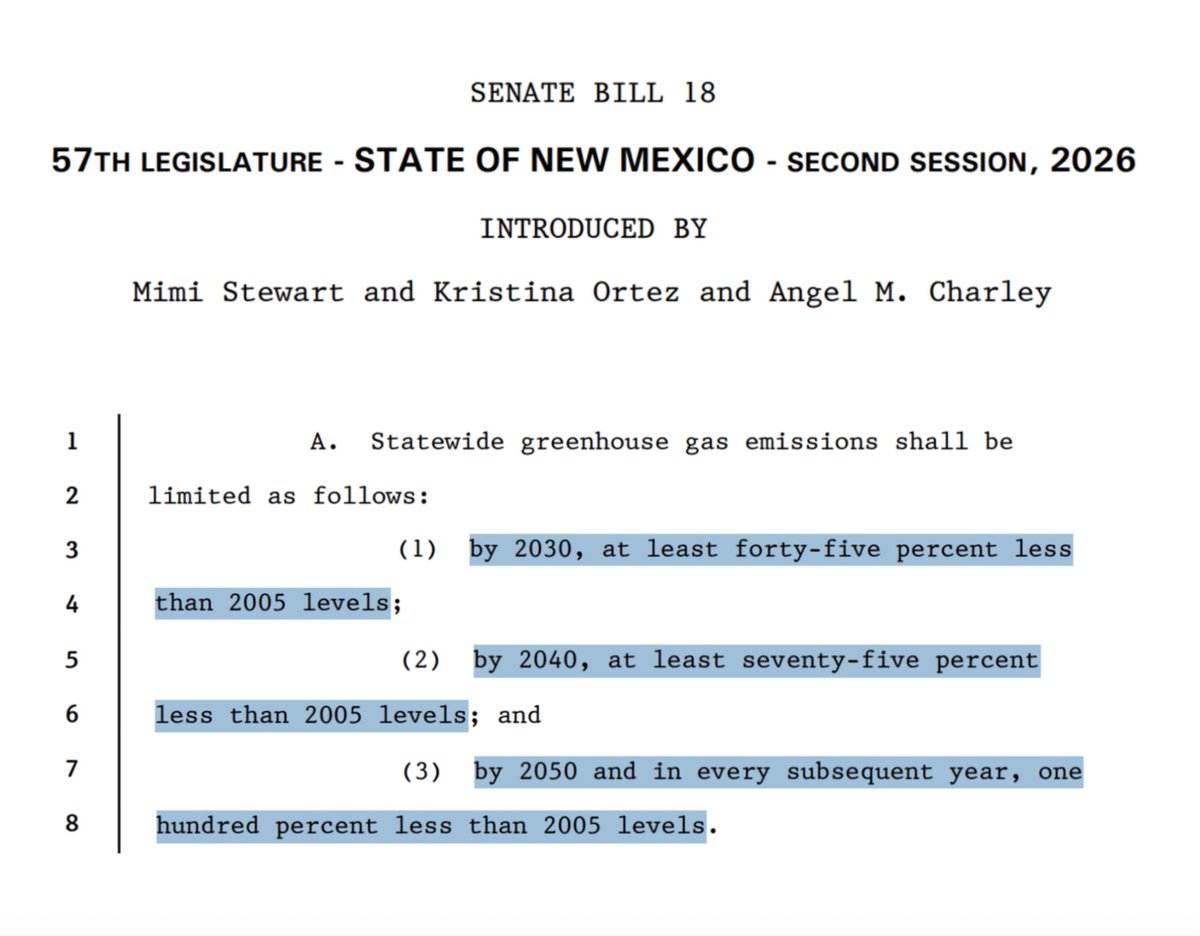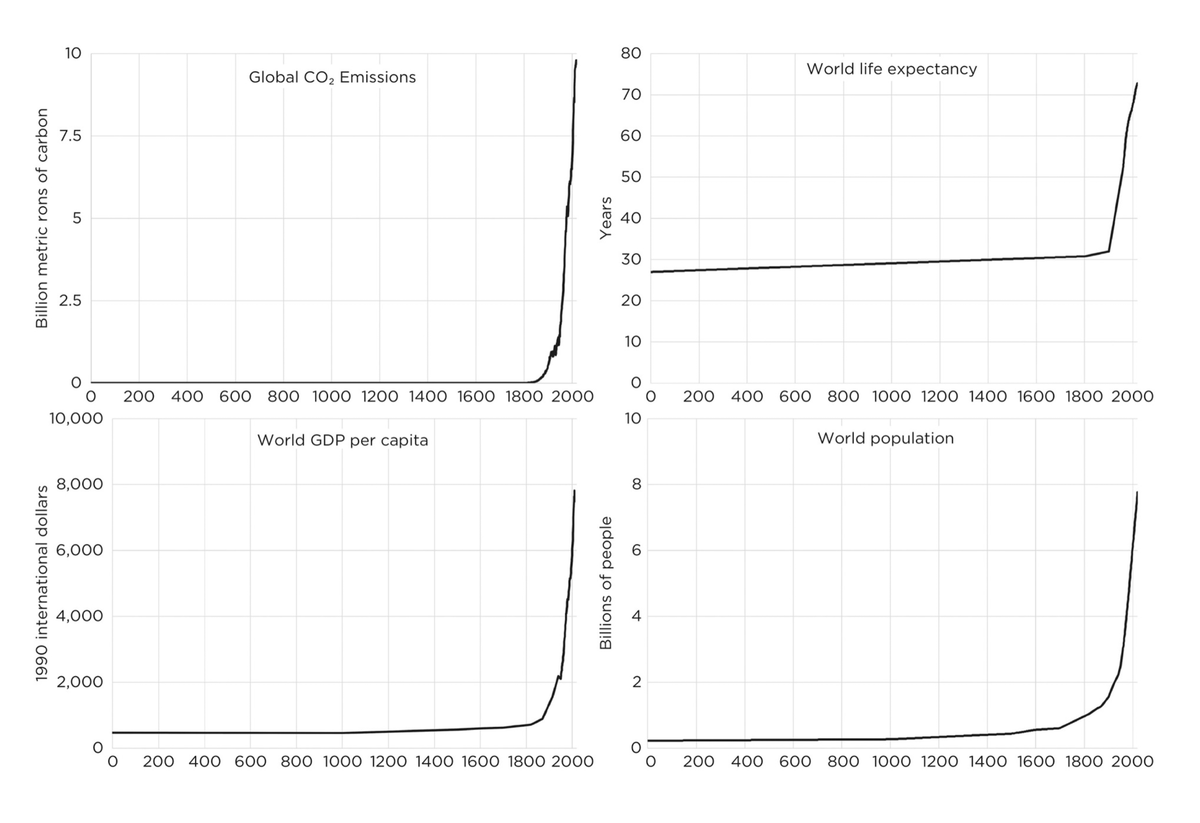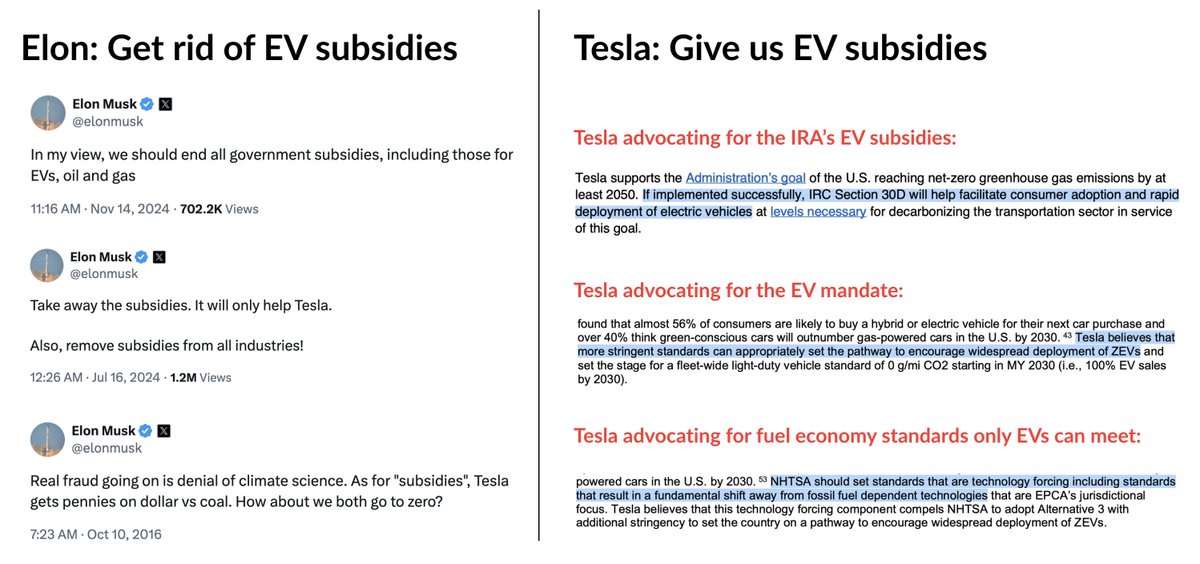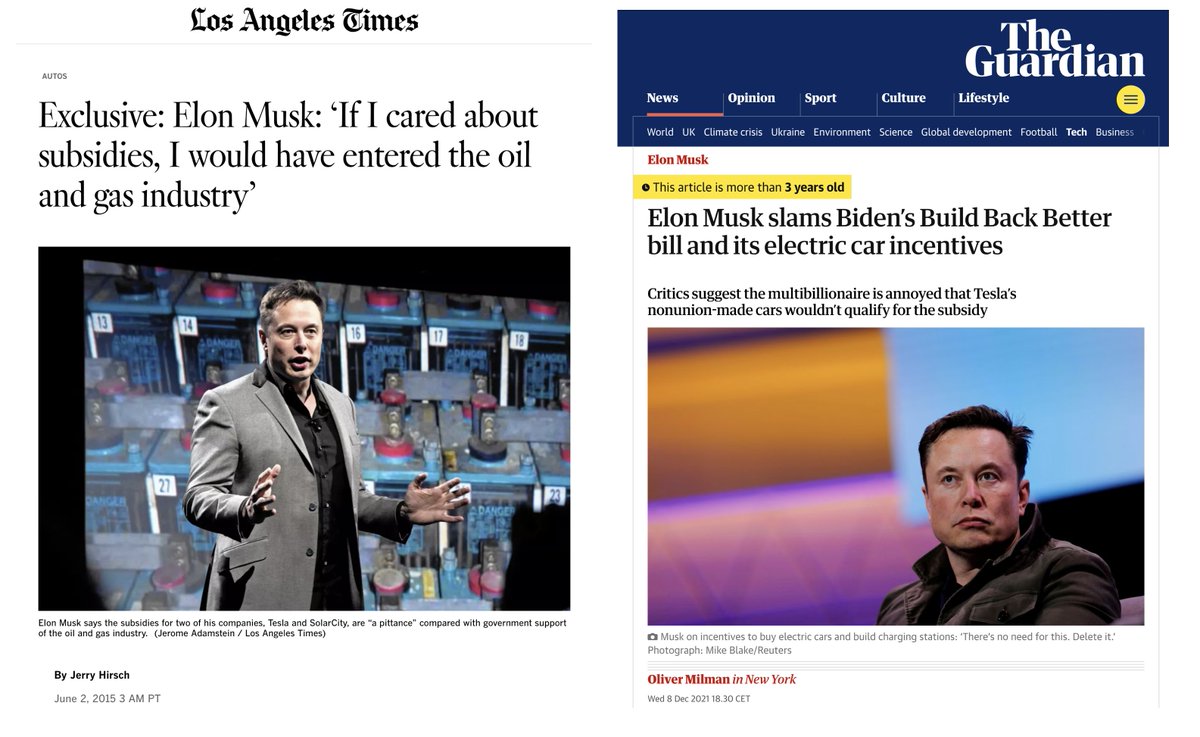This Holiday season I have contributed $500 each to 5 crucial pro-energy organizations: @ceidotorg, @IERenergy, @envprogress, @spikedonline, and @AynRandInst.
Here’s why I’ve contributed to each one.
👇
Here’s why I’ve contributed to each one.
👇
Why I I contributed to @ceidotorg: This organization has for years been taking courageous, principled stands for energy freedom and against climate catastrophism.
One realm they excel in is the catastrophist dominated legal realm. Courageous @Chris_C_Horner does great work here.
One realm they excel in is the catastrophist dominated legal realm. Courageous @Chris_C_Horner does great work here.

Why I contributed to @IERenergy: This organization has a track record of principled, pro-liberty positions and disseminating extremely useful, precise information.
IER's founder, Robert Bradley Jr., “discovered” me in 2009 and told me I could be an energy thought leader.
IER's founder, Robert Bradley Jr., “discovered” me in 2009 and told me I could be an energy thought leader.
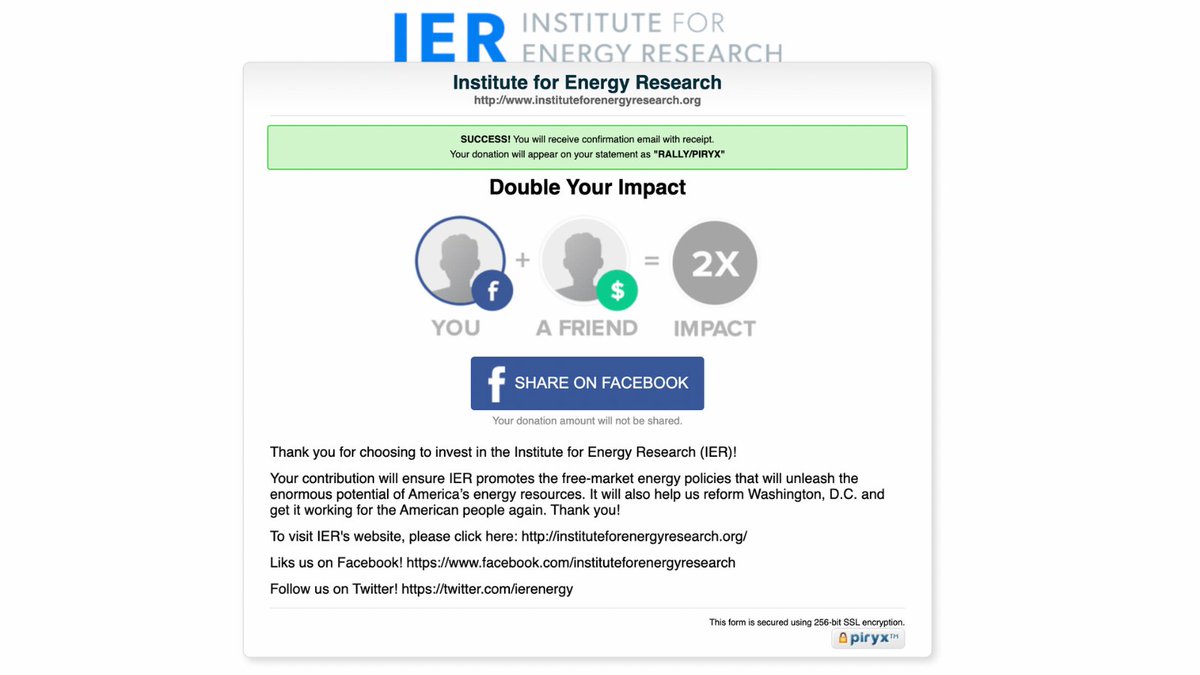
Why I’m contributing to @envprogress: @ShellenbergerMD is one of the world’s absolute leading voices for energy humanism, and has courageously undergone public mind-changes away from renewables/unreliables and away from climate catastrophism. I want his voice to be even louder. 

Why I contributed to @spikedonline: this is an amazing and crucial British publication that takes humanistic stands on every issue, including climate. Hard to think of any publication with more consistently interesting takes. I’m happy to do anything I can to keep it going. 

Why I contributed to @AynRandInst. I worked at ARI for 7 years, and before that wrote for them freelance and learned from their great educational programs. Their intellectual leader, Onkar Ghate, has shaped my energy and environmental thinking more than anyone else. 

• • •
Missing some Tweet in this thread? You can try to
force a refresh


